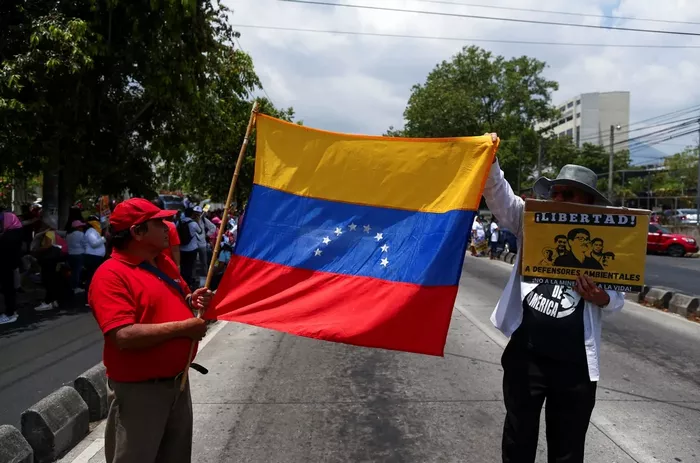A growing outcry has emerged over the Trump administration’s deportation policies, as new details reveal how individuals are being identified and removed from the country. In a case that experts call a “scandal of historic proportions,” a Dallas-based baker was deported after being questioned solely because of his tattoo—an Autism Awareness ribbon honoring his younger brother.
The administration has ramped up efforts to expel individuals suspected of gang affiliations, with plans to send them to a notorious super-prison in El Salvador, led by President Nayib Bukele. Discussions have also surfaced about using Guantanamo Bay as a detention site for deportees.
American Immigration Council strategist and civil rights lawyer Aaron Reichlin-Melnick took to X to highlight some of the most shocking cases.
“NEW: @MotherJones reports that one of the men renditioned to El Salvador is Neri Alvarado, who was working in Dallas as a baker. An ICE agent told him they were questioning all men with tattoos. Neri has an AUTISM AWARENESS TATTOO in honor of his 15-year-old brother with autism,” Reichlin-Melnick wrote.
Despite explaining the meaning behind his tattoo, Alvarado remained in detention and was ultimately deported. Another individual, Venezuelan musician Arturo Suárez, was also removed under this same process—despite entering the country legally and having no criminal ties. His tattoos were reportedly the determining factor.
The controversy has sparked backlash across political and humanitarian circles.
“This is so disturbing,” wrote Project Liberal’s Joshua Reed Eakle.
“This is a scandal of historic proportions. But will enough people understand and care?” questioned Bulwark reporter Adrian Carrasquillo.
“Do gang members often have rainbow ribbon tattoos celebrating Autism Awareness?” former GOP strategist Tim Miller asked sarcastically.
Jeremy Konyndyk, president of Refugees International, emphasized the severity of the situation: “‘Renditioned’ is the correct term for what happened. These were not deportations… these people were unlawfully sent to a gulag outside the reach of U.S. law.”
As outrage grows, many are calling for greater scrutiny of the administration’s immigration policies and the criteria being used to determine deportations.
Related Topics

